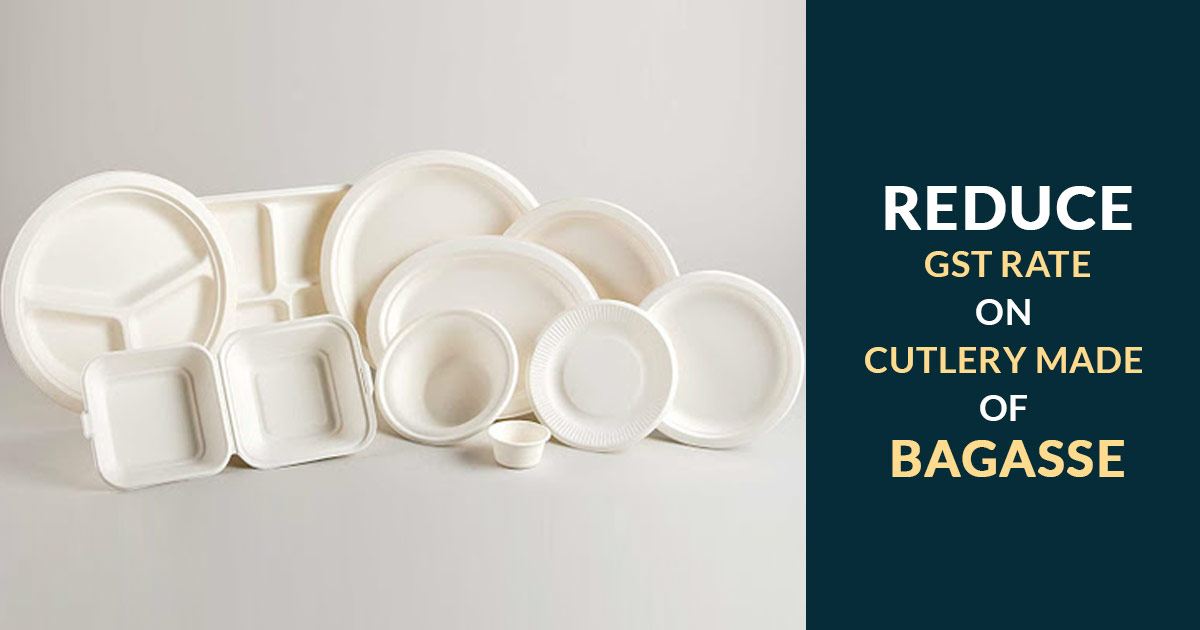
On the biodegradable materials and on the friendly materials a higher GST is liable to pay which is the harder to use the cutlery made of bagasse e (pulpy fiber extracted from sugarcane juice) for serving and parcels. 18% GST is liable on the bagasse while people who use the plastics in restaurants are liable to pay 5% GST which is banned and is cheap as compare to bagasse. In the government’s compliance, the tax policy is in contrast so as to encourage biodegradable packaging.
The hotel associations
“AHAR president Shivanand Shetty states that As a responsible industry association, we understand the damage use of plastic can cause to the environment and support initiatives and the steps that can reduce dependency on plastics in our packaging and cutlery items. But to incentivize or encourage such switchovers, we request the government to reduce the GST on biodegradable items such as bagasse from the current 18% to at least 5%. This can also reduce the final cost the customers have to pay. So, in a way, it is a win situation for all stakeholders involved,”
Only a few hotels use the bagasse material as it is costly as compare to the recyclable plastic said the owner of the Renault restaurant at Byculla Rakesh Shetty.
“We request both the governments to bring the costs of biodegradable materials at par with plastic to encourage its use. Using eco-friendly biodegradable material is not just the national or state-level mandate but a global mission by all leading nations,” he commented asking the government to take the price reduction methods through lessening the GST on the bagasse along with the other green things.